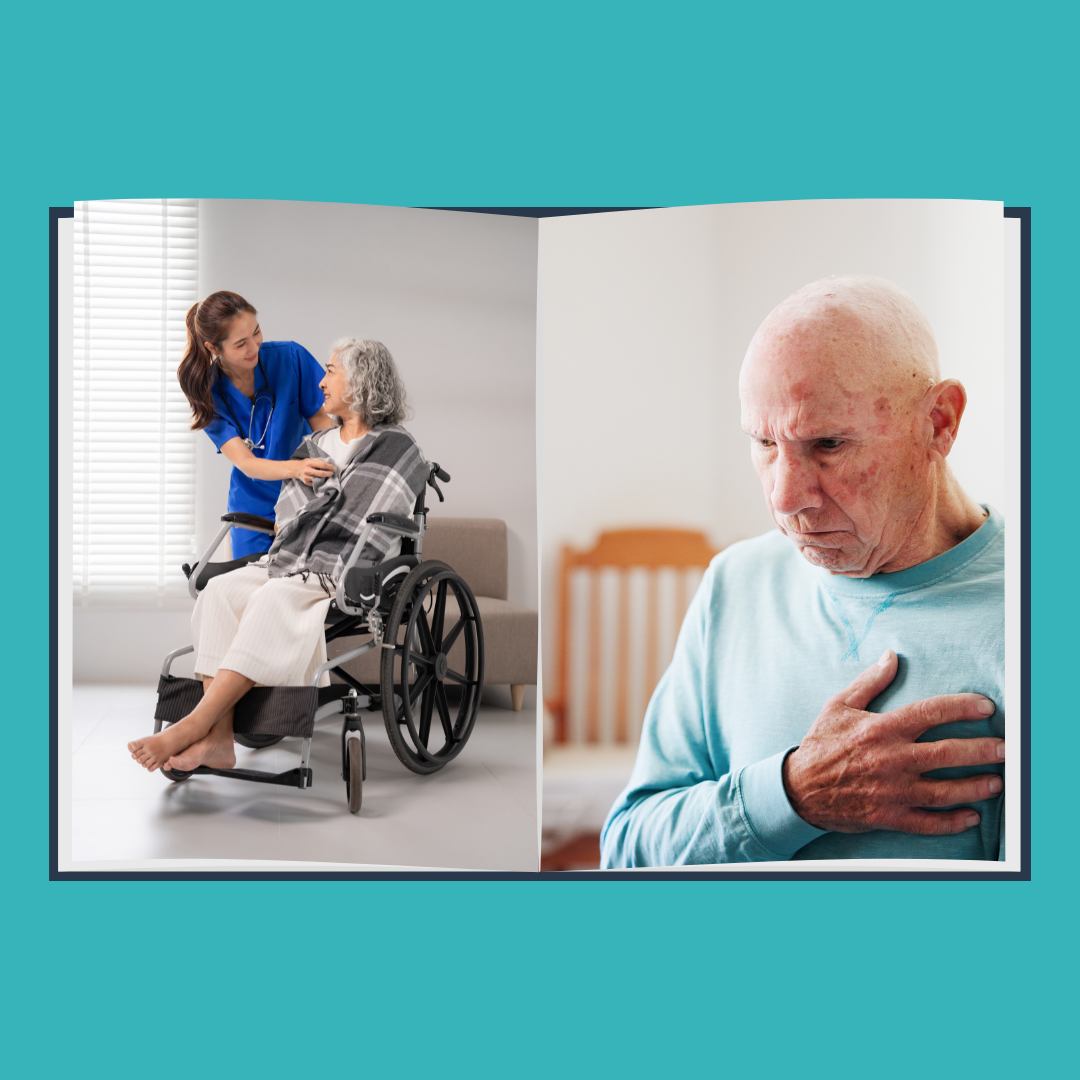New Paragraph
Spring Health Concerns for Seniors: Understanding Risks and Embracing Wellness
As the chill of winter gives way to the warmth and renewal of spring, seniors may find themselves eager to embrace the season's beauty and vitality. However, it's essential to be mindful of potential health concerns that can arise during this time of transition. From allergies and respiratory infections to dehydration and sun exposure, spring presents unique challenges for seniors. In this comprehensive guide, we'll explore common spring health concerns for seniors and provide practical tips for maintaining health and wellness throughout the season.
Seasonal Allergies:
Springtime allergies are a prevalent concern for seniors, with pollen, mold spores, and other allergens triggering uncomfortable symptoms such as sneezing, congestion, and itchy eyes. To alleviate allergy symptoms, seniors can:
- Minimize outdoor activities during peak pollen times
- Keep windows closed and use air purifiers indoors
- Take allergy medications as prescribed by their healthcare provider
Respiratory Infections:
With fluctuating temperatures and increased outdoor activities, seniors are at higher risk of respiratory infections such as colds and flu during spring. To reduce the risk of infection, seniors should:
- Wash hands frequently with soap and water
- Practice good respiratory hygiene, such as covering coughs and sneezes
- Get vaccinated against the flu and pneumonia as recommended by their healthcare provider
Dehydration:
As temperatures rise, seniors are more susceptible to dehydration, especially if they have underlying health conditions or take medications that increase urine output. To stay hydrated, seniors should:
- Drink plenty of water throughout the day
- Limit consumption of caffeinated and alcoholic beverages
- Eat hydrating foods such as fruits and vegetables
Sun Exposure:
While moderate sun exposure is essential for vitamin D production and overall well-being, seniors should take precautions to protect their skin from harmful UV rays. Seniors can:
- Wear sunscreen with a high SPF rating when outdoors
- Seek shade during peak sun hours (10 am to 4 pm)
- Wear protective clothing such as hats and sunglasses
Mobility and Fall Risks:
Springtime brings blooming flowers and lush vegetation, but it also creates hazards such as wet surfaces and uneven terrain that increase the risk of falls for seniors. To prevent falls, seniors can:
- Wear supportive footwear with good traction
- Use assistive devices such as canes or walkers if needed
- Keep pathways clear of clutter and debris
Embracing Wellness in Spring:
Despite the potential health concerns, spring also offers opportunities for seniors to embrace wellness and vitality. Seniors can:
- Engage in gentle outdoor activities such as walking or gardening
- Participate in community events and social gatherings
- Practice mindfulness and relaxation techniques to reduce stress
As spring unfolds its splendor, seniors can enjoy the season's beauty while safeguarding their health with proactive measures and healthy habits. By staying informed about common spring health concerns and implementing practical tips for wellness, seniors can embrace the season with confidence and vitality, nurturing their well-being and enjoying all that spring has to offer.









